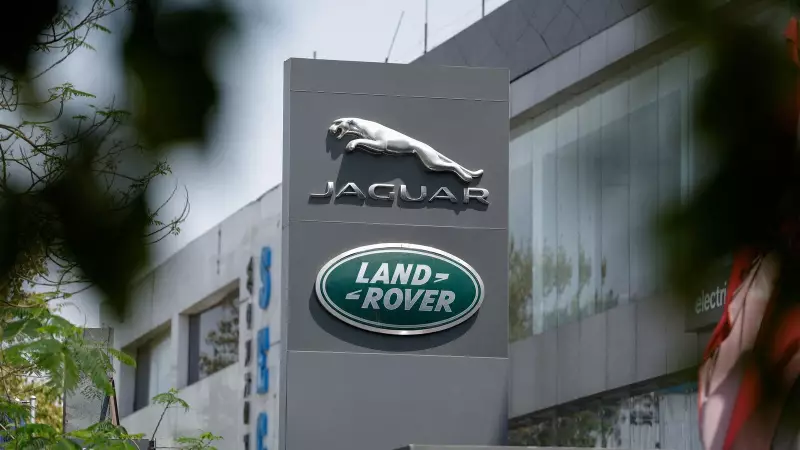
In a shocking revelation that has sent ripples through the automotive industry, Tata Motors has disclosed a staggering financial hit of approximately ₹540 crore following a sophisticated cyberattack on its prestigious subsidiary, Jaguar Land Rover (JLR). The digital security breach has exposed critical vulnerabilities in the automotive manufacturing sector's cybersecurity infrastructure.
The Financial Fallout
The cyber incident, which targeted JLR's internal systems, resulted in substantial production disruptions across multiple manufacturing facilities. According to Tata Motors' official statement, the attack compromised crucial operational data and forced temporary shutdowns of key production lines, directly impacting the company's bottom line.
Market Reaction and Share Performance
Investors reacted swiftly to the news, with Tata Motors shares experiencing increased volatility following the disclosure. The automotive giant, which had been showing strong performance in recent quarters, now faces investor concerns about cybersecurity preparedness and potential long-term implications for its luxury vehicle division.
Industry-Wide Implications
This incident highlights the growing threat landscape facing the automotive industry, particularly as manufacturers increasingly rely on digital systems and connected technologies. The JLR cyberattack serves as a wake-up call for the entire sector, emphasizing the need for robust cybersecurity measures in an era of digital transformation.
Recovery and Response Efforts
JLR has mobilized its technical teams and cybersecurity experts to contain the breach and restore normal operations. The company is working closely with international cybersecurity agencies and has implemented enhanced security protocols to prevent future incidents. Customer data protection remains a top priority throughout the recovery process.
The Bigger Picture: Automotive Cybersecurity
This incident underscores the critical importance of cybersecurity in the modern automotive manufacturing ecosystem. As vehicles become more connected and factories increasingly automated, the potential attack surface for cybercriminals continues to expand, making comprehensive security strategies essential for industry players.
The JLR cyberattack represents one of the most significant cybersecurity incidents in the automotive sector this year, raising important questions about digital resilience in an industry undergoing rapid technological transformation.





